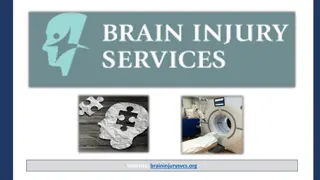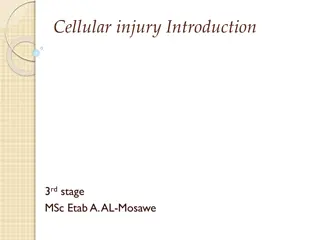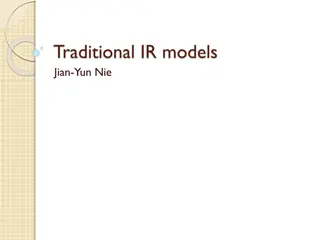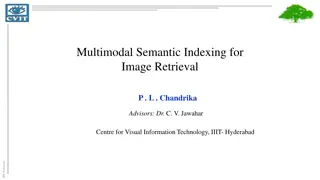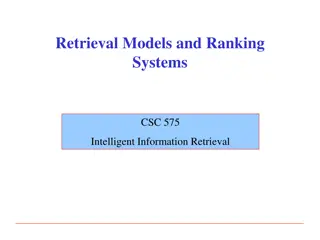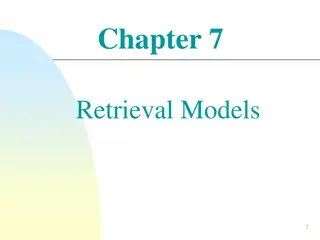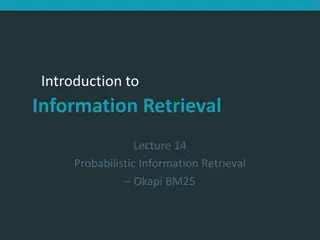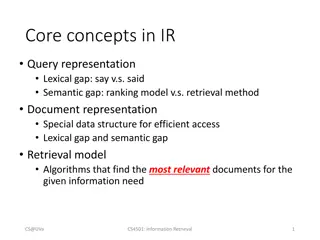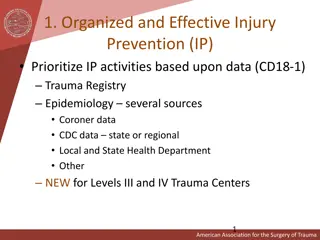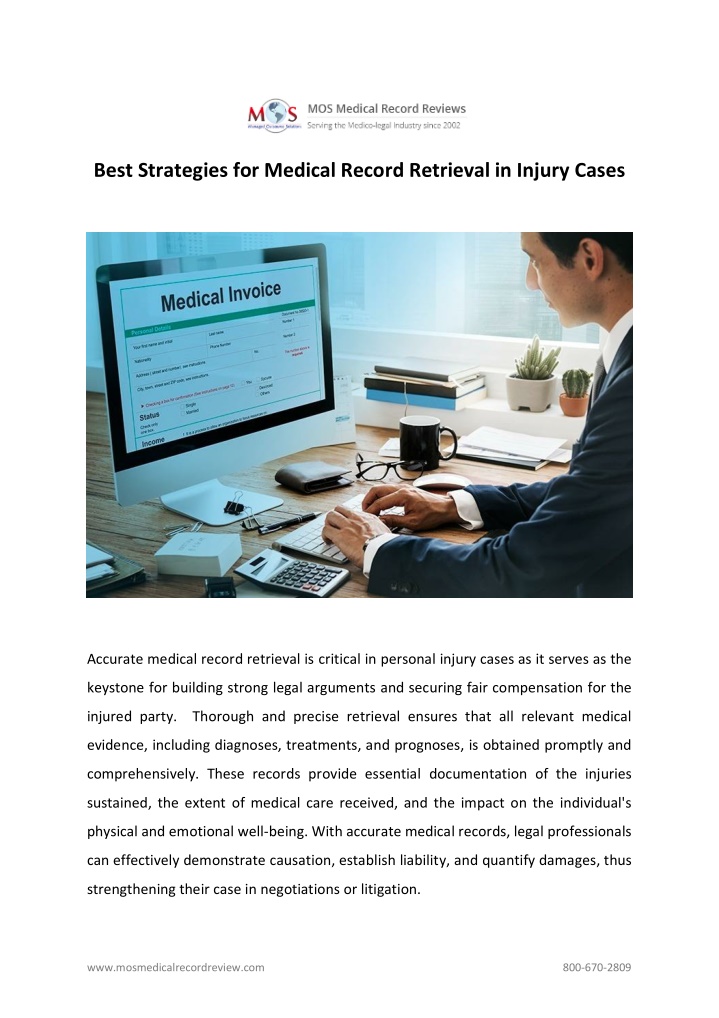
Best Practices for Medical Record Retrieval in Personal Injury Cases
In a personal injury case, various medical records are crucial for building a strong legal case and substantiating the injured party's claims.
Download Presentation

Please find below an Image/Link to download the presentation.
The content on the website is provided AS IS for your information and personal use only. It may not be sold, licensed, or shared on other websites without obtaining consent from the author. If you encounter any issues during the download, it is possible that the publisher has removed the file from their server.
You are allowed to download the files provided on this website for personal or commercial use, subject to the condition that they are used lawfully. All files are the property of their respective owners.
The content on the website is provided AS IS for your information and personal use only. It may not be sold, licensed, or shared on other websites without obtaining consent from the author.
E N D
Presentation Transcript
Best Strategies for Medical Record Retrieval in Injury Cases Accurate medical record retrieval is critical in personal injury cases as it serves as the keystone for building strong legal arguments and securing fair compensation for the injured party. Thorough and precise retrieval ensures that all relevant medical evidence, including diagnoses, treatments, and prognoses, is obtained promptly and comprehensively. These records provide essential documentation of the injuries sustained, the extent of medical care received, and the impact on the individual's physical and emotional well-being. With accurate medical records, legal professionals can effectively demonstrate causation, establish liability, and quantify damages, thus strengthening their case in negotiations or litigation. www.mosmedicalrecordreview.com 800-670-2809
Which Medical Records Are Crucial in a Personal Injury Case? In a personal injury case, various medical records are crucial for building a strong legal case and substantiating the injured party's claims. Emergency room records Hospital records Physician notes Diagnostic imaging reports Laboratory test results Physical therapy records Medication records Psychiatric records Strategies for Successful Medical Record Retrieval in Injury Cases Medical records and their review enable legal teams to identify any pre-existing conditions or alternative causes that may impact the case outcome. Ultimately, accurate medical record retrieval is instrumental in achieving justice for the injured party and ensuring they receive the compensation they deserve. Prompt action: Initiate record retrieval promptly after taking on a personal injury case to ensure thorough case preparation. Comprehensive documentation: Compile a list of healthcare providers and facilities involved in the injured party's treatment. Authorization forms: Obtain signed authorization forms complying with privacy laws for the release of medical records. Clear requests: Communicate specific record needs clearly to providers, specifying dates and relevant details. Follow-up: Regularly follow up with providers to track retrieval progress and address delays. www.mosmedicalrecordreview.com 800-670-2809
Organized management: Maintain organized records of retrieval efforts for efficient case management. Secure transmission: Ensure secure transmission and storage of the obtained records to protect patient privacy. Review and analysis: Thoroughly review the obtained records for relevant information to support the case. Collaboration: Collaborate closely with the legal team to align record retrieval efforts with case strategy. By following these best practices, legal professionals can efficiently gather essential evidence to support their clients' claims in personal injury cases. Partnering with professional providers of medical record retrieval services can save you significant time and effort. Reliable companies specialize in obtaining medical records from various healthcare providers and handling the complex paperwork and coordination required. www.mosmedicalrecordreview.com 800-670-2809



